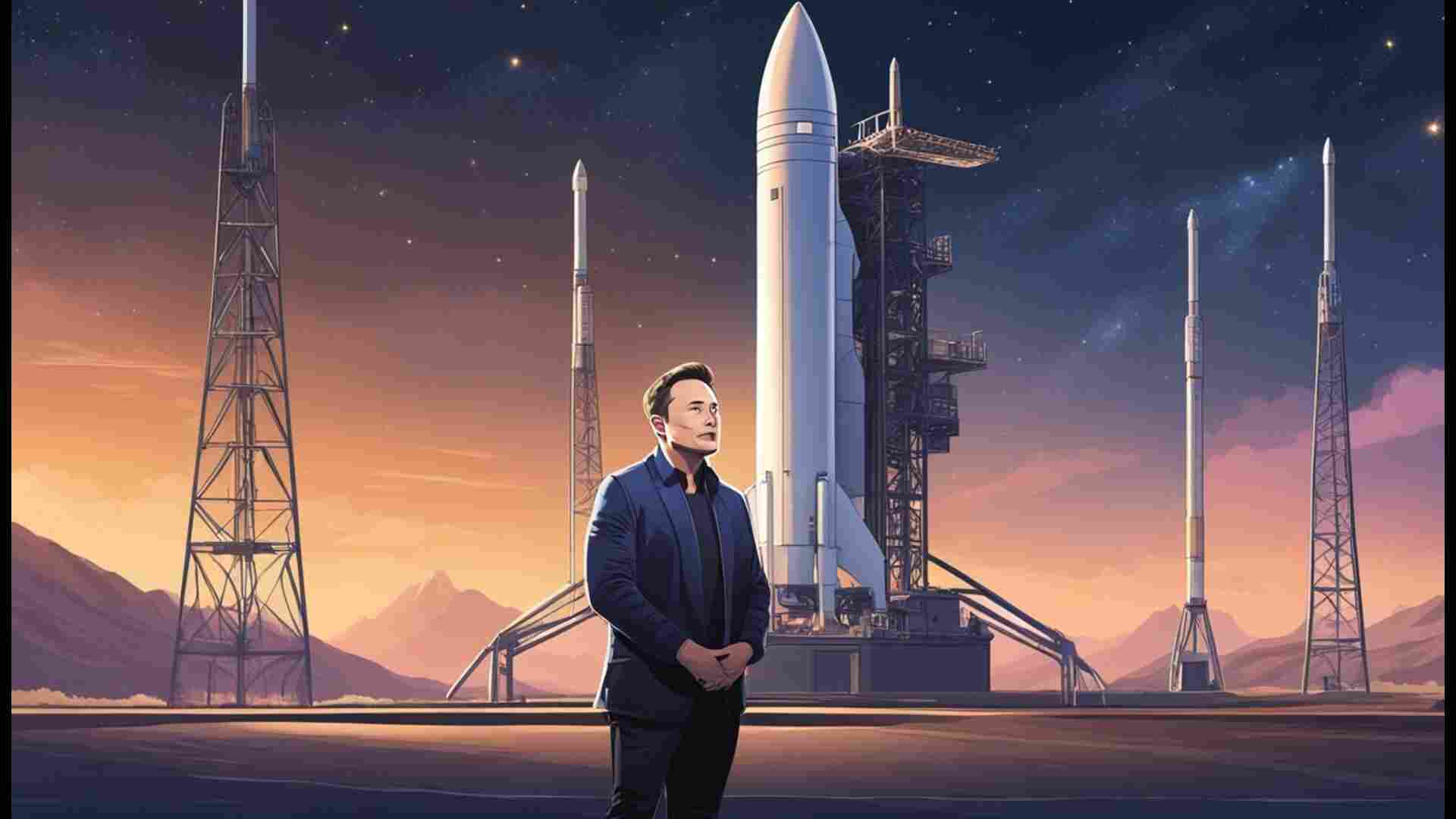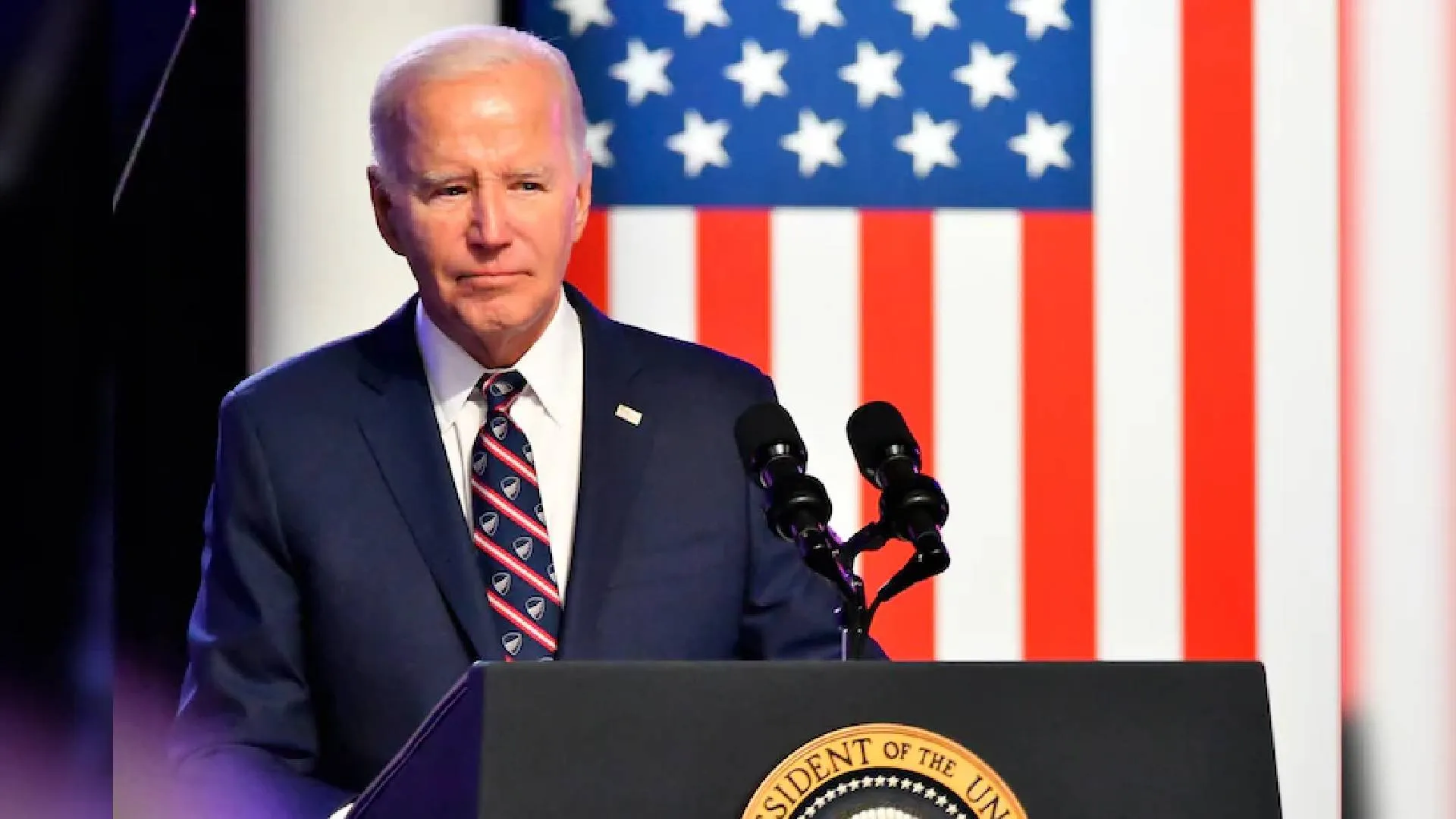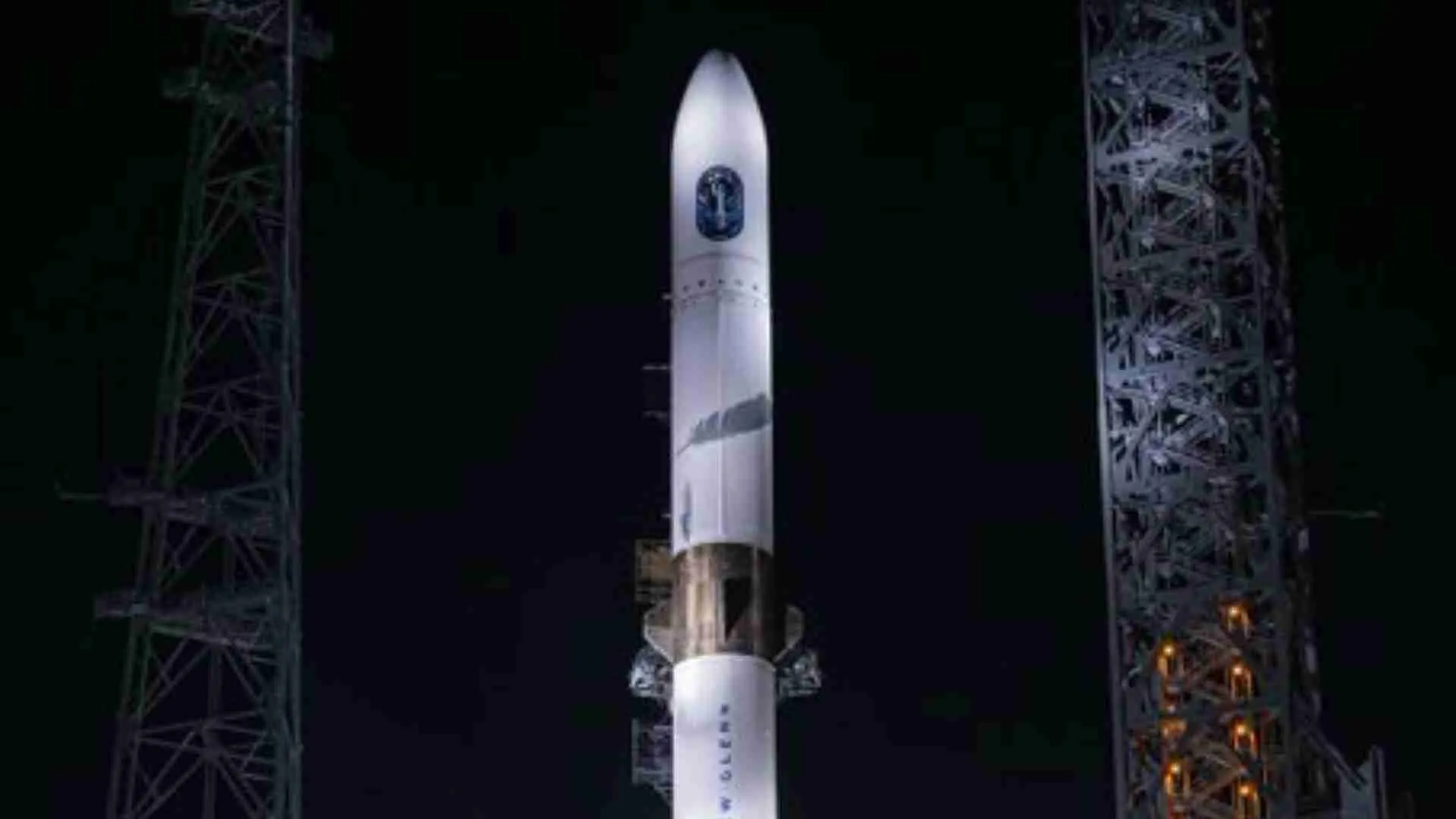Elon Musk has solidified his position as one of the most influential figures globally, reshaping industries and charting new paths in space exploration. As his company SpaceX continues to achieve groundbreaking milestones, NASA finds itself both empowered and challenged by this new era of collaboration.
The Good
SpaceX has revolutionized space travel with cutting-edge innovations like reusable rockets, significantly lowering launch costs. The Starship rocket, for example, offers a payload capacity that far surpasses NASA’s Space Launch System (SLS) at just a fraction of the cost—potentially as low as 5% per mission.
This cost efficiency and rapid development cycles allow NASA to envision ambitious projects such as lunar bases and Mars expeditions within tighter budgets. The collaboration between NASA and SpaceX has fostered a public-private synergy, promising faster mission turnarounds and opening the door to a thriving space economy where private ventures complement government-led research.
The Bad
However, this partnership raises concerns about NASA’s autonomy and long-term role. Critics argue that NASA risks becoming overly reliant on SpaceX, potentially diminishing its stature to that of a mere contracting agency.
While Musk’s innovations are groundbreaking, some remain skeptical about the readiness of SpaceX’s technology for complex missions like human exploration of Mars. This dependency could divert resources from NASA’s own programs, stalling its independent scientific pursuits and innovation.
The Ugly
The concentration of influence in Musk’s hands, especially as a NASA contractor and key advisor to President Donald Trump, presents ethical and strategic challenges. Potential conflicts of interest could undermine public confidence in NASA’s impartiality.
An over-reliance on SpaceX could also stifle competition in the space sector, limiting diversity and innovation. Additionally, proposals to streamline NASA’s workforce under the guise of “efficiency” threaten the agency’s institutional expertise and its ability to fulfill its core mission.
Looking Ahead
Elon Musk’s rise offers NASA an extraordinary opportunity to advance interplanetary ambitions, but it also comes with stark warnings. While SpaceX’s contributions have been transformative, NASA must remain vigilant to protect its role as a public institution dedicated to scientific discovery, innovation, and the broader interests of humanity.























